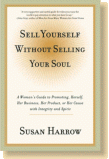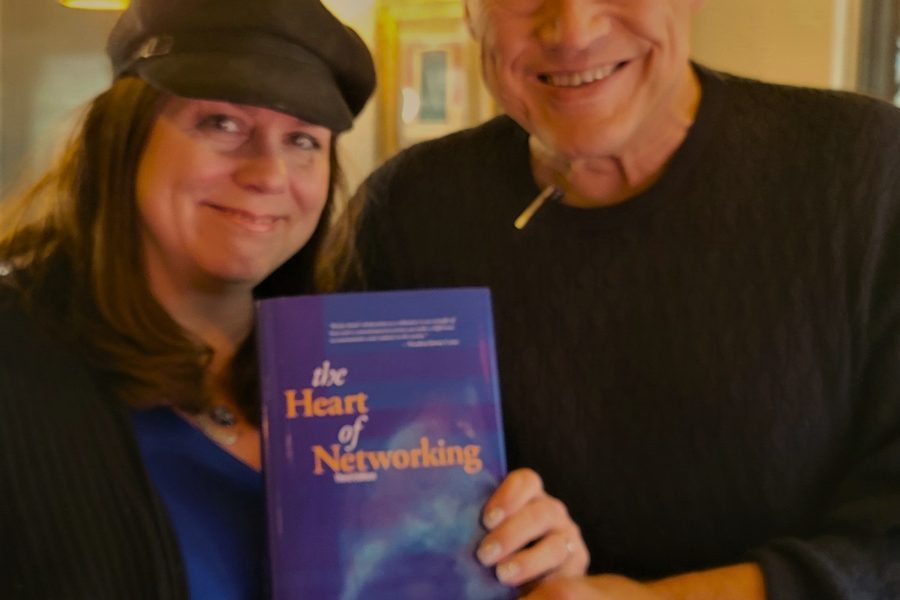Every Thursday this month I will feature experts who have sage advice to help writers succeed as storytellers. My sources will include publishing experts, marketing gurus and established writers and editors.
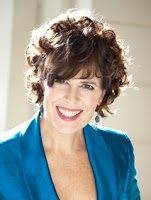 |
| Susan Harrow |
I had the opportunity last Friday to spend 15 minutes on the phone with media coach, marketing strategist and author Susan Harrow as part of her complimentary laser-consulting session offered to her LinkedIn network (a great marketing tactic, I might add).
I first met Susan at a workshop during my PR days when I was seeking strategies to position a couple of my clients for the holy grail of publicity – an appearance on The Oprah Winfrey Show. She is the author of Sell Yourself Without Selling Your Soul: A Woman’s Guide to Promoting Herself, Her Business, Her Product or Her Cause with Integrity and Spirit.
I asked her advice on finding time to write while balancing a demanding day job and a young family. She told me about techniques used by Natalie Goldberg, author of Writing Down the Bones to keep your pen on the page writing and not to stop to edit your words. The idea being that if you continually self-edit, you’ll never get your story down.
She told me about Anne Lamott, who said that you must give yourself permission “To write the worst sh_t in America.”
She added that when Stephen King begins his writing day, he always copies the last paragraph of what he wrote the day before so he is never confronted with a blank page.
“Set an intention and revisit that intention every day,” Susan said. That can include keeping a journal by the bed (or the tub if you like to soak). “Before you put pen to paper or fingers to keyboard ask yourself what do my readers want to know now? This works for both fiction and non-fiction. For fiction it furthers the plot. For non-fiction you want to write for what people need now or are deeply longing for. Think of yourself as a wish-fulfilling jewel.”
Her biggest piece of advice for writers centers on that intention: “Put butt in seat every day to write. Treat your book like a business. “When you see your book as a business, you can then develop sound bites that will bring in the business, sales, partnerships, and experiences you desire. You (also) can also monetize your book by creating ancillary products, courses, and speaking engagements. This is more true for non-fiction, but it’s true for fiction as well.”
“Authors often neglect to prepare their sound bites, which is crucial to getting an agent, connecting to your audience, being a great guest during media appearances and selling your book. Publishers care about one thing and one thing only: How many books can you sell,” says Susan.
Several self-published and authors represented by major publishing houses have taken Susan’s sound bite course.
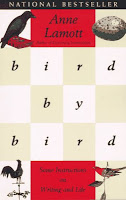
Here’s a few of Susan’s favorite reads to get your writing jumpstarted:
-
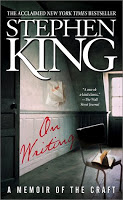 Bird by Bird: Some Instructions on Writing and Life by Anne Lamott
Bird by Bird: Some Instructions on Writing and Life by Anne Lamott -
Writing Down the Bonesby Natalie Goldberg
-
The Artist’s Way Morning Pages Journal by Julia Cameron
- On Writing by Stephen King

